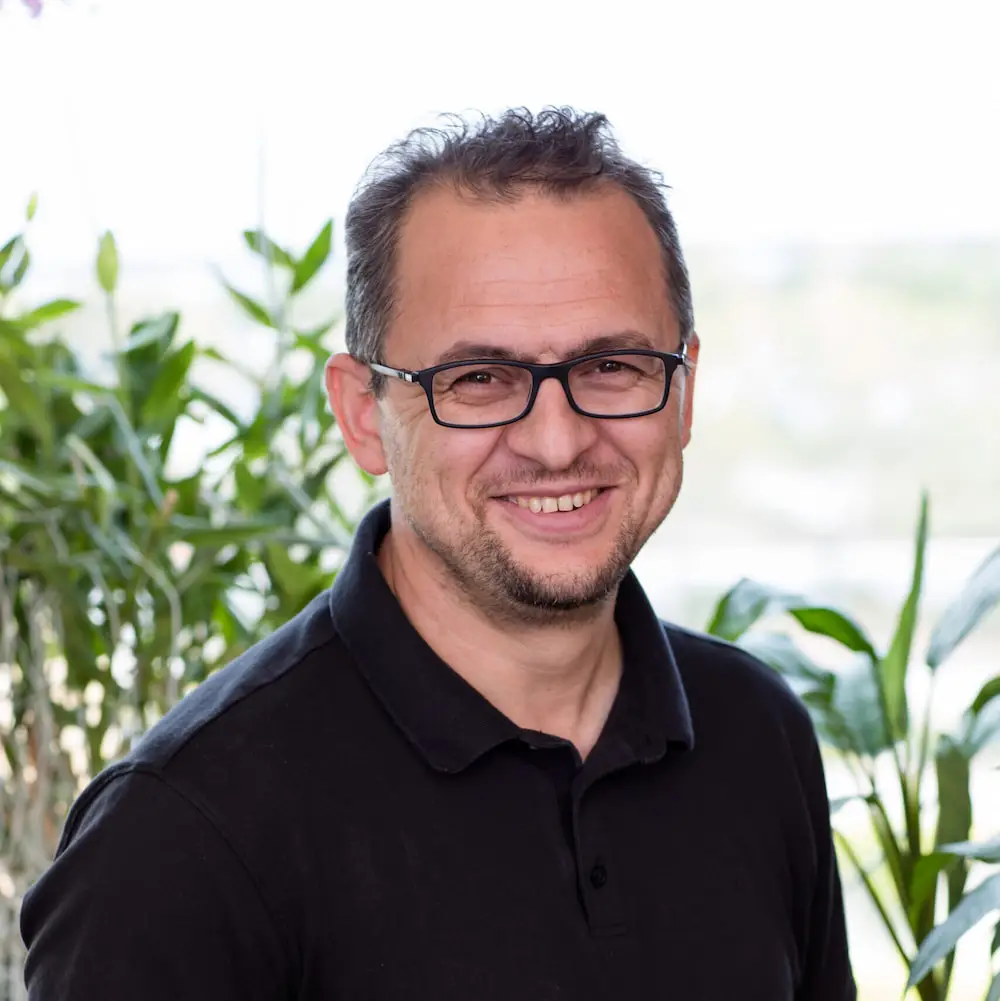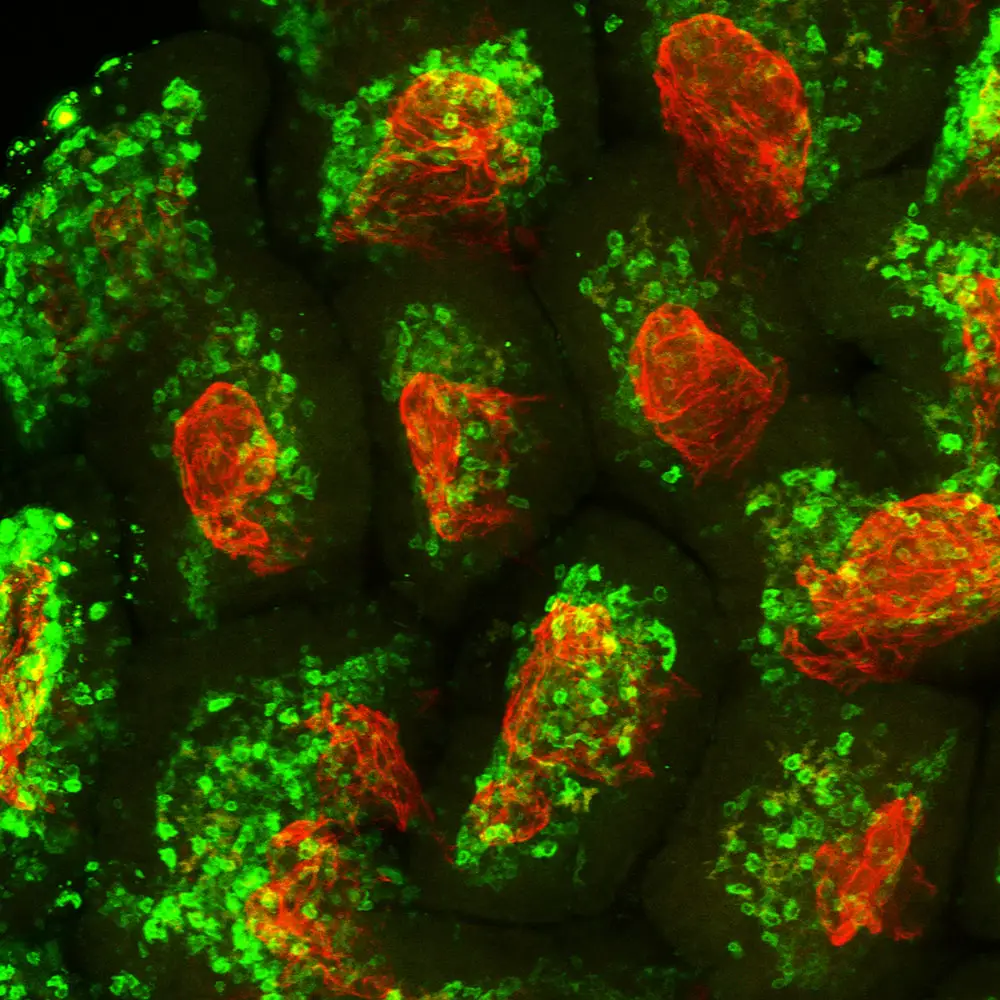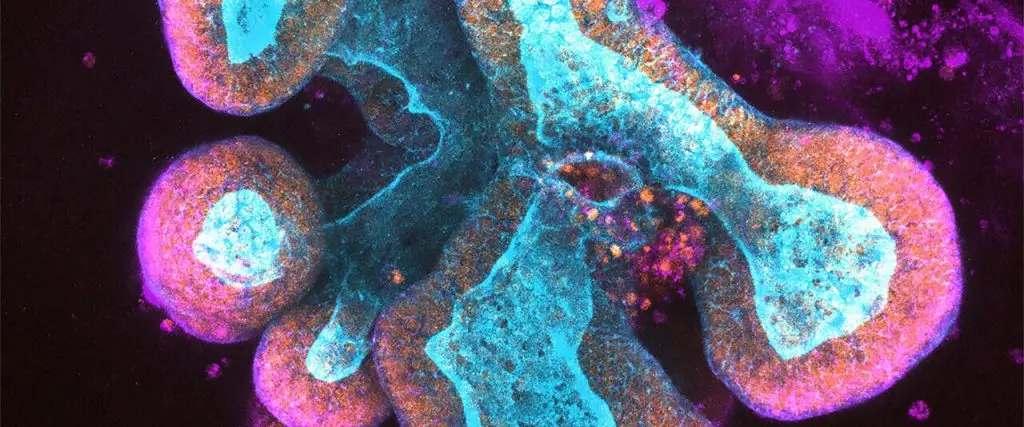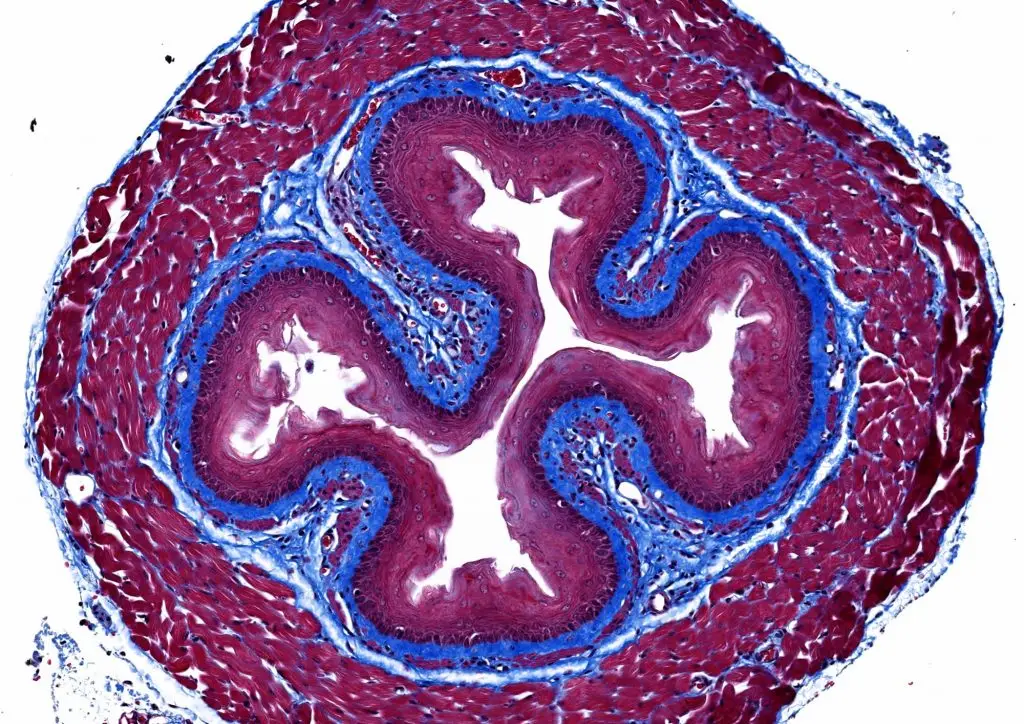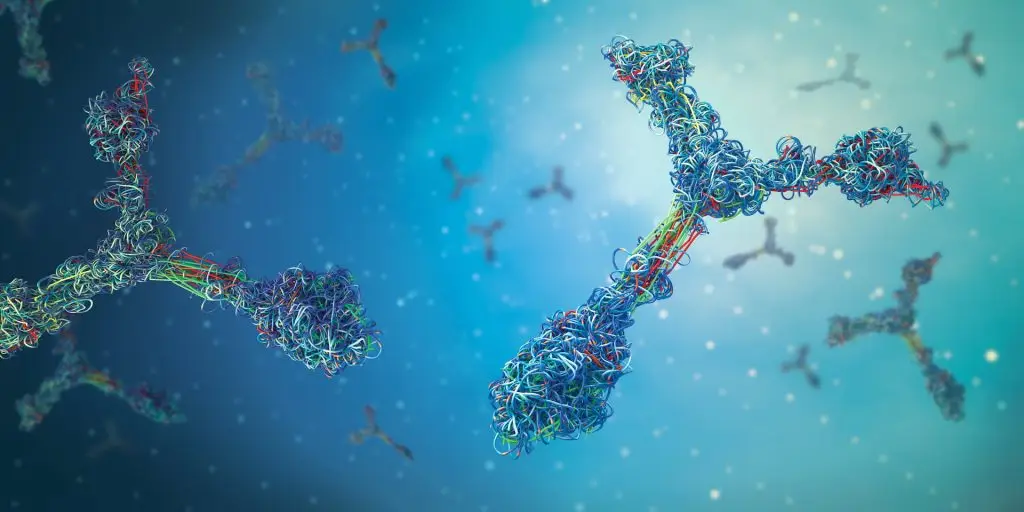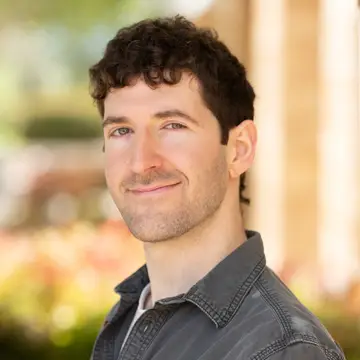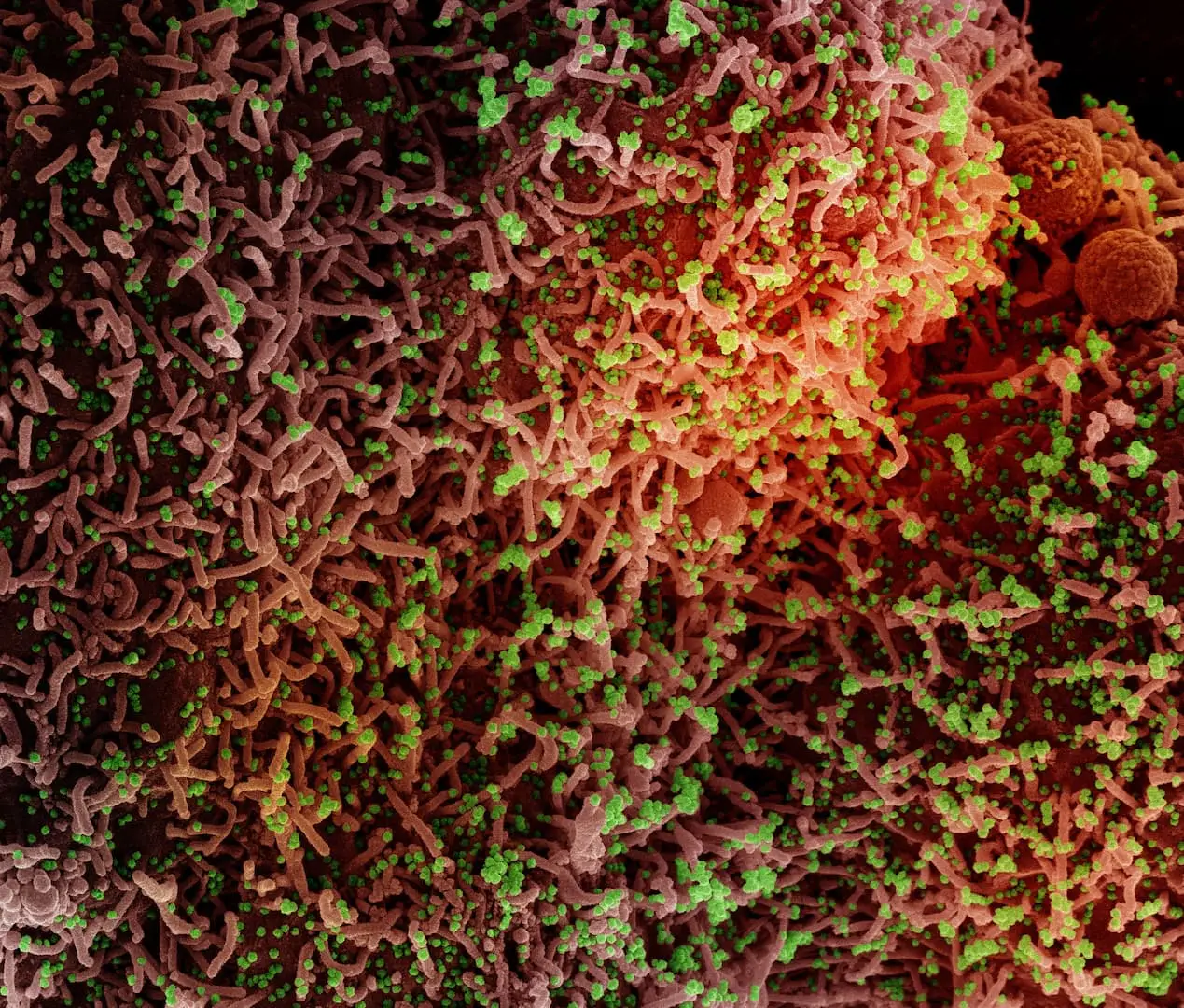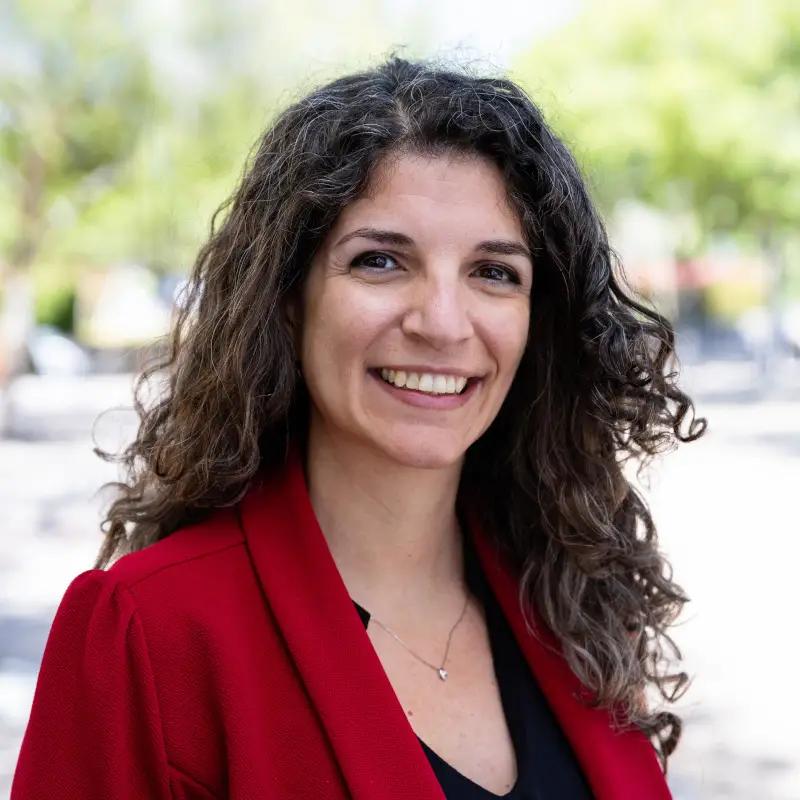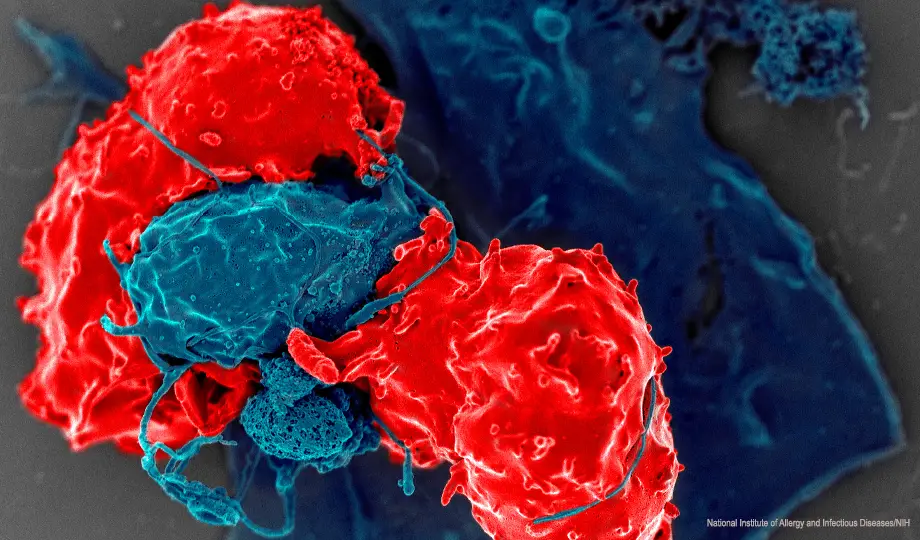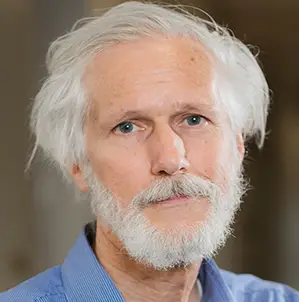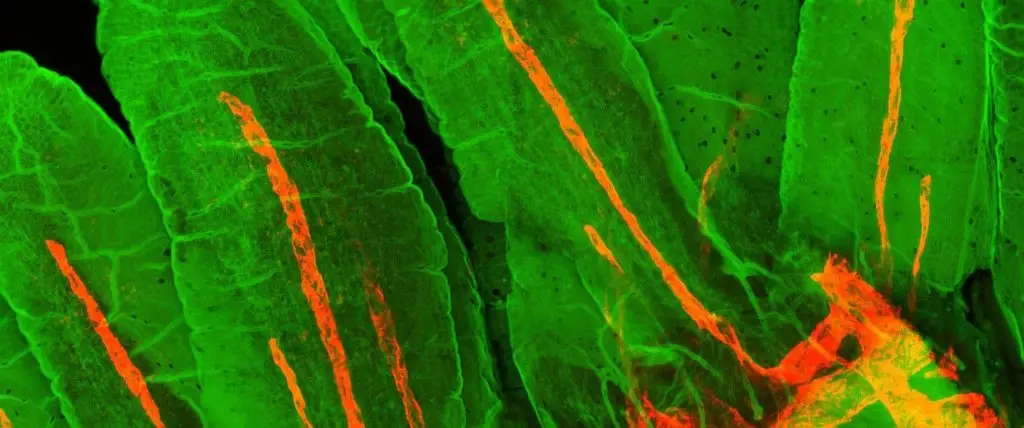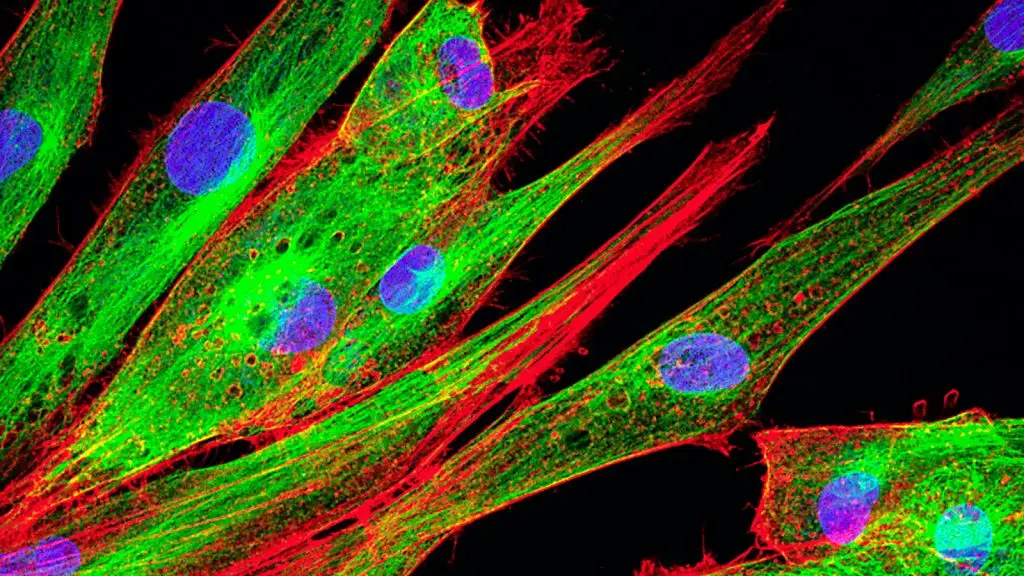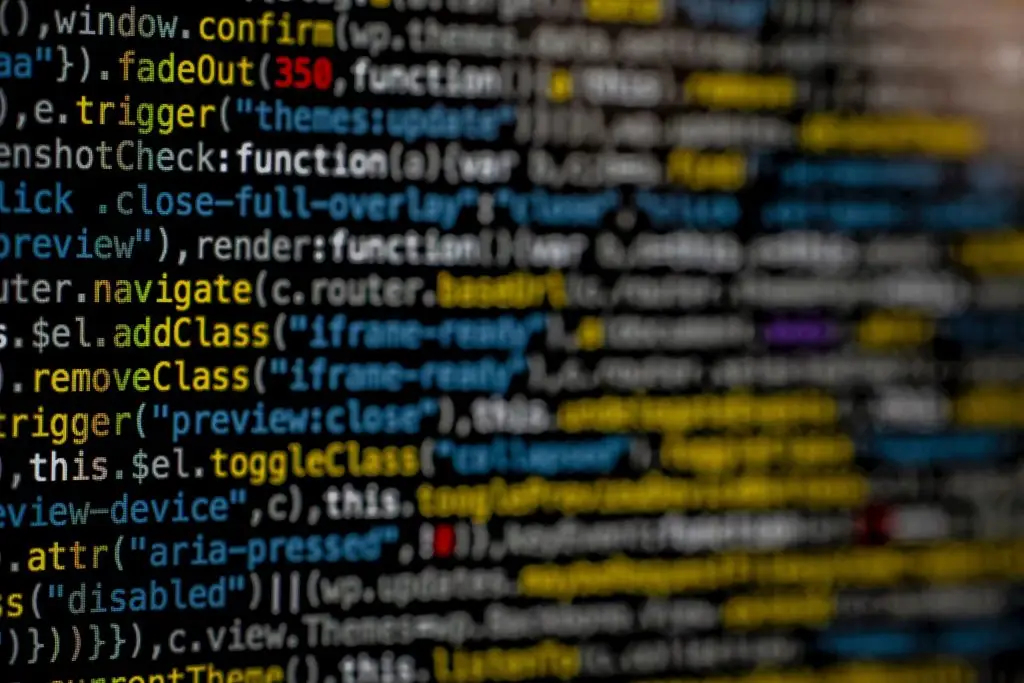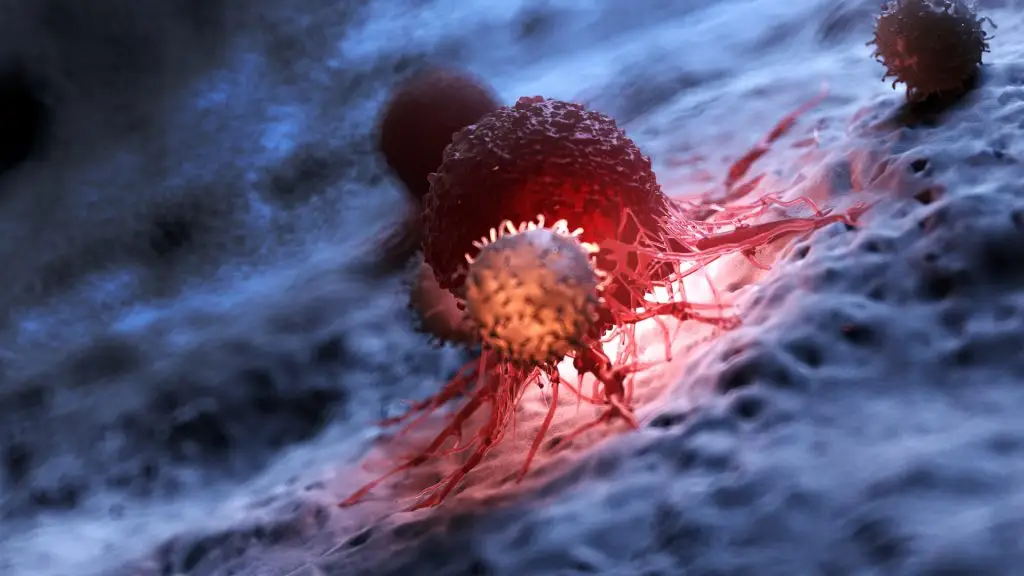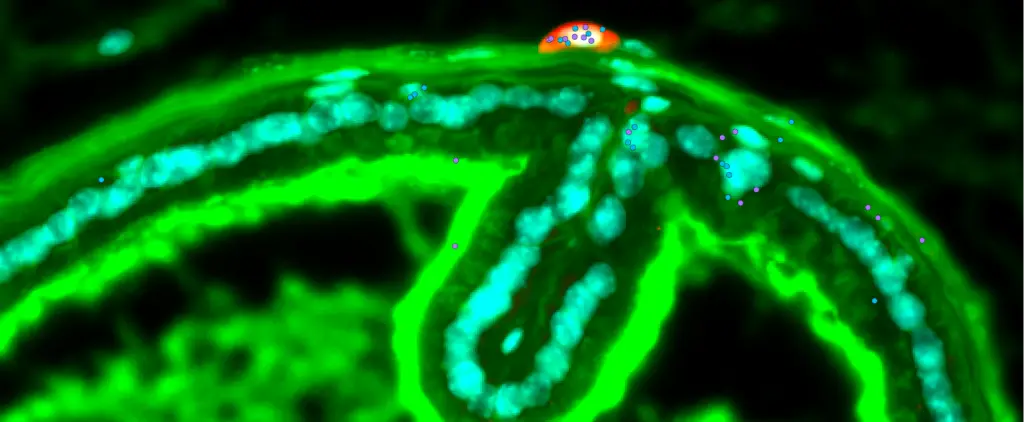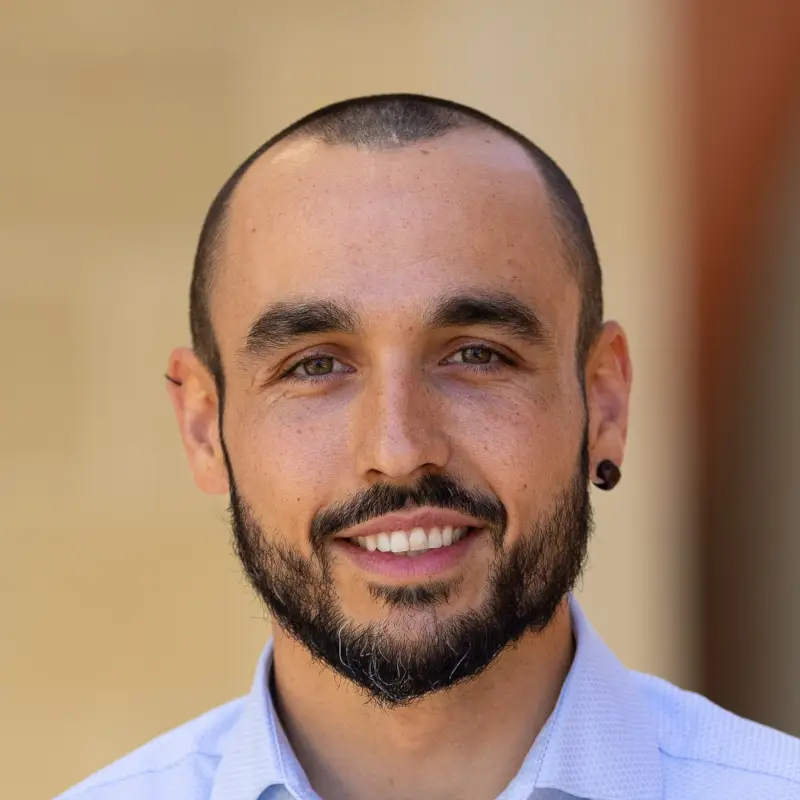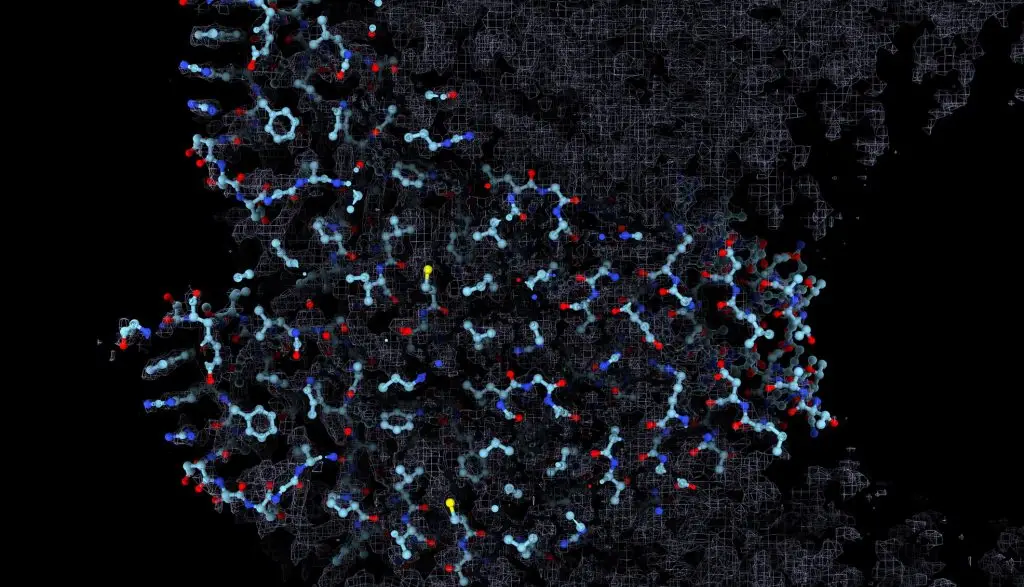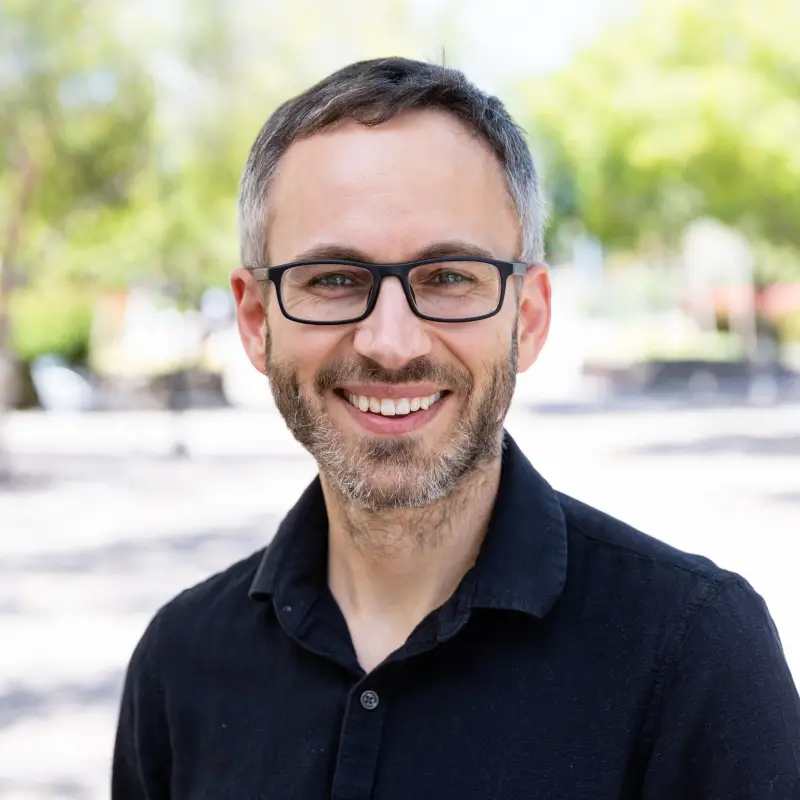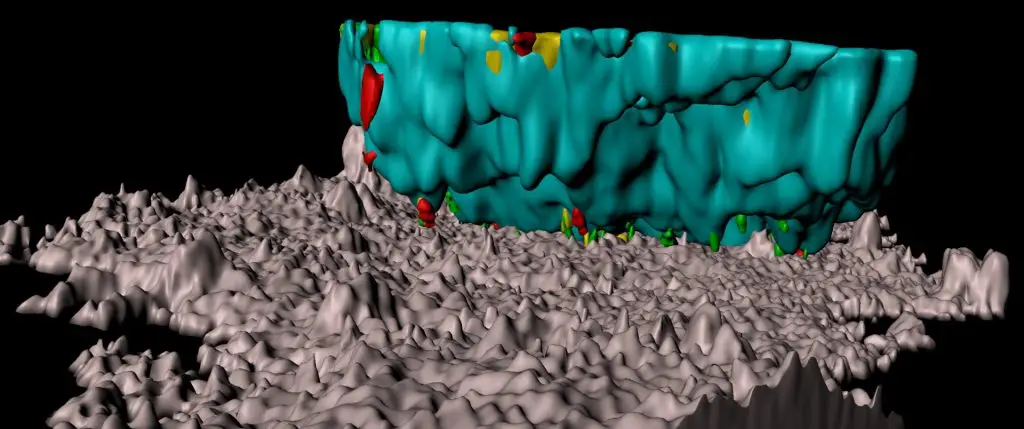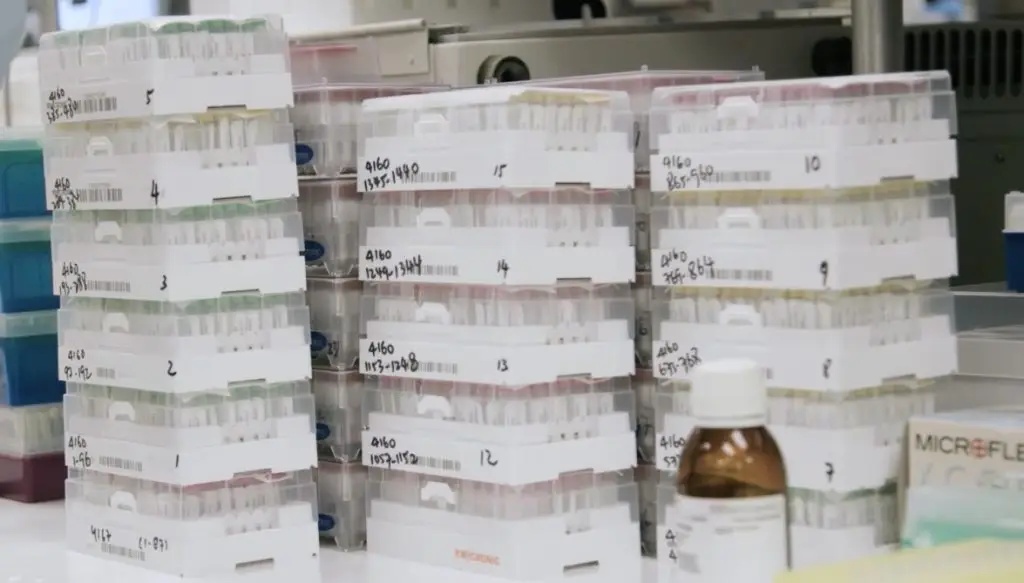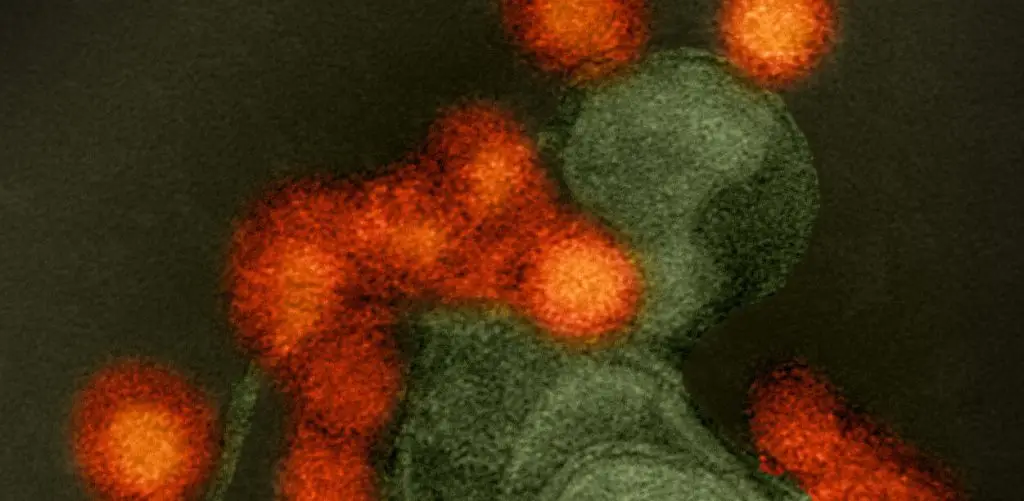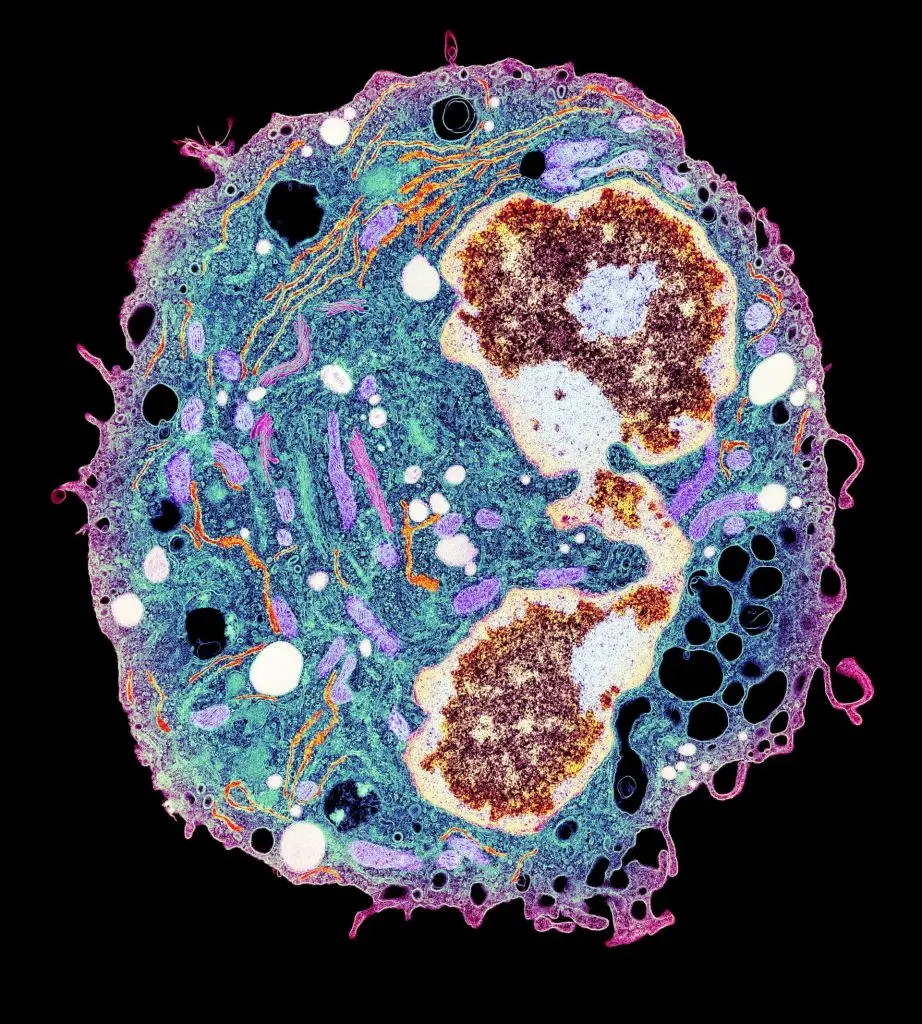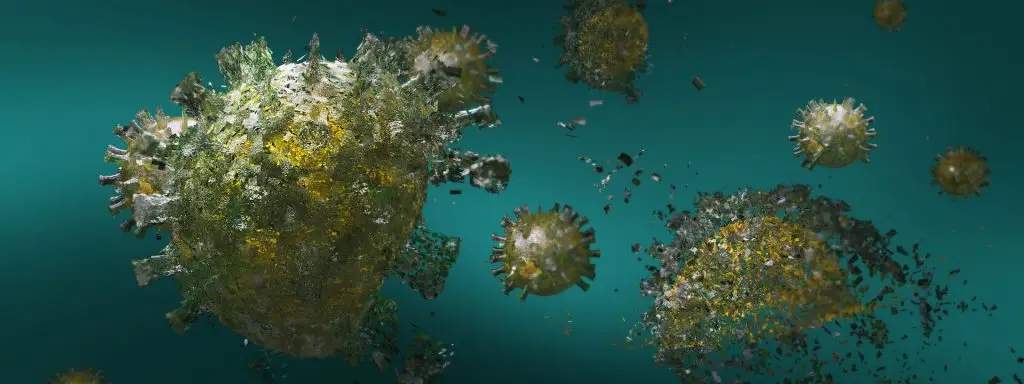Labs
Ferhat Ay, Ph.D.
Associate Professor
Institute Leadership Assoc. Prof. of Computational BiologyCenter for Autoimmunity and InflammationCenter for Cancer ImmunotherapyCenter for Sex-based Differences in the Immune System
Ferhat Ay, Ph.D., works to understand gene regulation in complex organisms and diseases.
Christopher Benedict, Ph.D.
Associate Professor
Center for Autoimmunity and InflammationCenter for Vaccine Innovation
Christopher Benedict, Ph.D., studies the strategies that viruses use to escape detection by our immune system.
Hilde Cheroutre, Ph.D.
Professor
Center for Autoimmunity and InflammationCenter for Cancer Immunotherapy
Hilde Cheroutre, Ph.D., and her team study the development, function, and regulation of T lymphocytes, a type of white blood cells.
Michael Croft, Ph.D.
Director, Academic Affairs
Professor, Center for Autoimmunity and Inflammation,Center for Vaccine Innovation
Michael Croft, Ph.D., and his team focus on a number of molecules that are members of the tumor necrosis factor (TNF) and tumor necrosis factor receptor (TNFR) family.
Shane Crotty, Ph.D.
Professor & Chief Scientific Officer
Shane Crotty, Ph.D., and his team study immunity against infectious diseases. They investigate how the immune system remembers infections and vaccines.
Alba Grifoni, Ph.D.
Research Assistant Professor
Center for Vaccine Innovation
Alba Grifoni, Ph.D., studies immune response to viral infections through a combination of bioinformatics and experimental approaches. Her work is important for understanding how T cell responses recognize a range of pathogens, including Coronaviruses (SARS-CoV-2 and other subgenera), Orthopoxviruses (Mpox and Vaccinia), and other emerging pathogens.
Patrick Hogan, Ph.D.
Professor
Center for Autoimmunity and InflammationCenter for Cancer Immunotherapy
Patrick Hogan, Ph.D., studies cells at the nano level – seeking to understand how protein-protein interactions on the submicroscopic scale can have gargantuan impacts on human health and disease.
Mitchell Kronenberg, Ph.D.
Professor, President Emeritus
Center for Autoimmunity and InflammationCenter for Vaccine Innovation
Mitchell Kronenberg, Ph.D., and his team study T cells – white blood cells responsible for recognizing and responding to foreign invaders, such as microbes.
Sam Myers, Ph.D.
Global Autoimmune Institute Assistant Professor
Laboratory for Immunochemical CircuitsCenter for Autoimmunity and InflammationCenter for Sex-based Differences in the Immune System
Samuel Myers, Ph.D., studies the signaling circuits that drive the behavior of individual immune cells and ultimately orchestrate systemic immune responses.
Bjoern Peters, Ph.D.
Professor
Center for Cancer ImmunotherapyCenter for Vaccine Innovation
Bjoern Peters, Ph.D., and his lab members are focused on the development of computational tools to address fundamental questions in immunology.
Anjana Rao, Ph.D.
Professor
Center for Autoimmunity and InflammationCenter for Cancer ImmunotherapyCenter for Sex-based Differences in the Immune System
Anjana Rao, Ph.D., focuses on understanding how signaling pathways control gene expression, using T cells and other cells of the immune system as models.
Miguel Reina-Campos, Ph.D.
Assistant Professor
Center for Autoimmunity and InflammationCenter for Cancer ImmunotherapyCenter for Sex-based Differences in the Immune System
Dr. Reina-Campos’ lab seeks to understand the underlying principles governing tissue immune networks that enable robust and long-term protection against infection and tumors.
Erica Ollmann Saphire, Ph.D., MBA
Professor, President & Chief Executive Officer
Center for Autoimmunity and InflammationCenter for Cancer ImmunotherapyCenter for Sex-based Differences in the Immune SystemCenter for Vaccine Innovation
Erica Ollmann Saphire, Ph.D., MBA, studies, at the molecular level, how and why viruses are pathogenic. This work provides the roadmap for medical defense.
Benjamin Schmiedel, Ph.D.
Research Assistant Professor
Center for Autoimmunity and InflammationCenter for Sex-based Differences in the Immune SystemCenter for Vaccine Innovation
Dr. Schmiedel is dedicated to shedding light on the genetic mechanisms driving the pathogenesis of human diseases. His research is revealing molecular features regulating immune cell function to enhance our understanding and advance disease diagnosis, treatment, and prevention.
Stephen Schoenberger, Ph.D.
Professor
Center for Autoimmunity and InflammationCenter for Cancer ImmunotherapyCenter for Vaccine Innovation
Stephen Schoenberger, Ph.D., is focused on achieving a mechanistic understanding of the generation and regulation of T cell responses in the context of in vivo infection and tumor development.
Alessandro Sette, Dr.Biol.Sci.
Professor
Center for Autoimmunity and InflammationCenter for Cancer ImmunotherapyCenter for Vaccine Innovation – Co-Director
Alessandro Sette, Dr.Biol.Sci., defines in chemical terms the specific structures (epitopes) that the immune system recognizes and uses this knowledge to measure and understand immune responses.
Sonia Sharma, Ph.D.
Associate Professor
Center for Autoimmunity and InflammationCenter for Cancer ImmunotherapyCenter for Sex-based Differences in the Immune System – Director
Sonia Sharma, Ph.D., and her lab members lead unbiased, genome-scale approaches to unravel innate immunity, the body’s early immune response to microbial pathogens and neoplastic cells.
Sujan Shresta, Ph.D.
Professor
Center for Sex-based Differences in the Immune SystemCenter for Vaccine Innovation
Sujan Shresta, Ph.D., and her team study the immunology and virology of mosquito-borne human pathogens such as dengue virus and Zika virus.
Pandurangan Vijayanand, M.D., Ph.D.
William K. Bowes Distinguished Professor
Center for Autoimmunity and InflammationCenter for Cancer ImmunotherapyCenter for Sex-based Differences in the Immune System
Pandurangan Vijayanand, M.D., Ph.D., and his lab members employ genomics tools to understand, diagnose and treat pulmonary disease such as asthma, lung cancer and infectious diseases, including the novel coronavirus.
Daniela Weiskopf, Ph.D.
Assistant Professor
Center for Sex-based Differences in the Immune SystemCenter for Vaccine Innovation
The Weiskopf is devoted to understanding T cell responses in emerging infectious viruses relevant to human health and disease.

